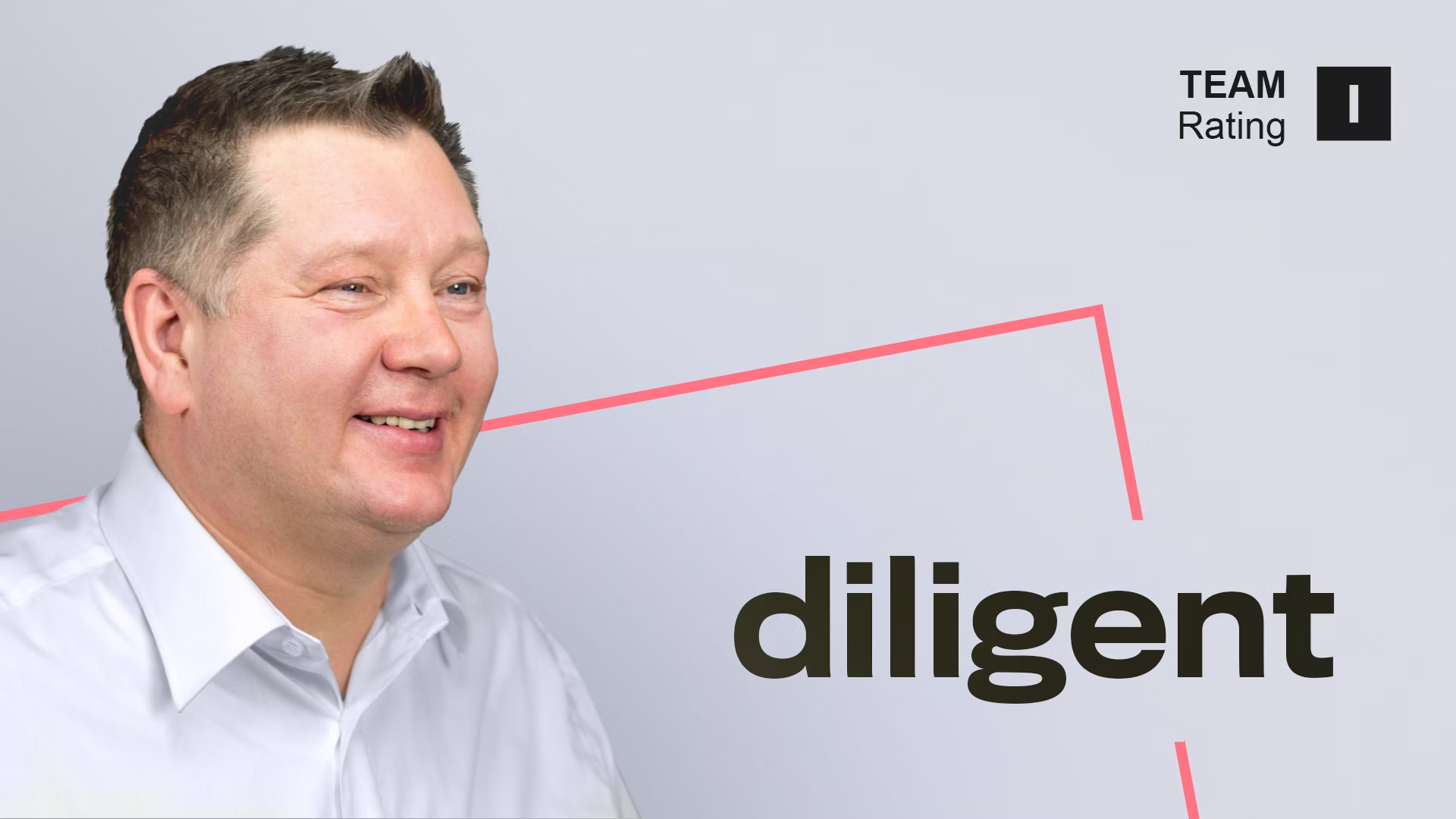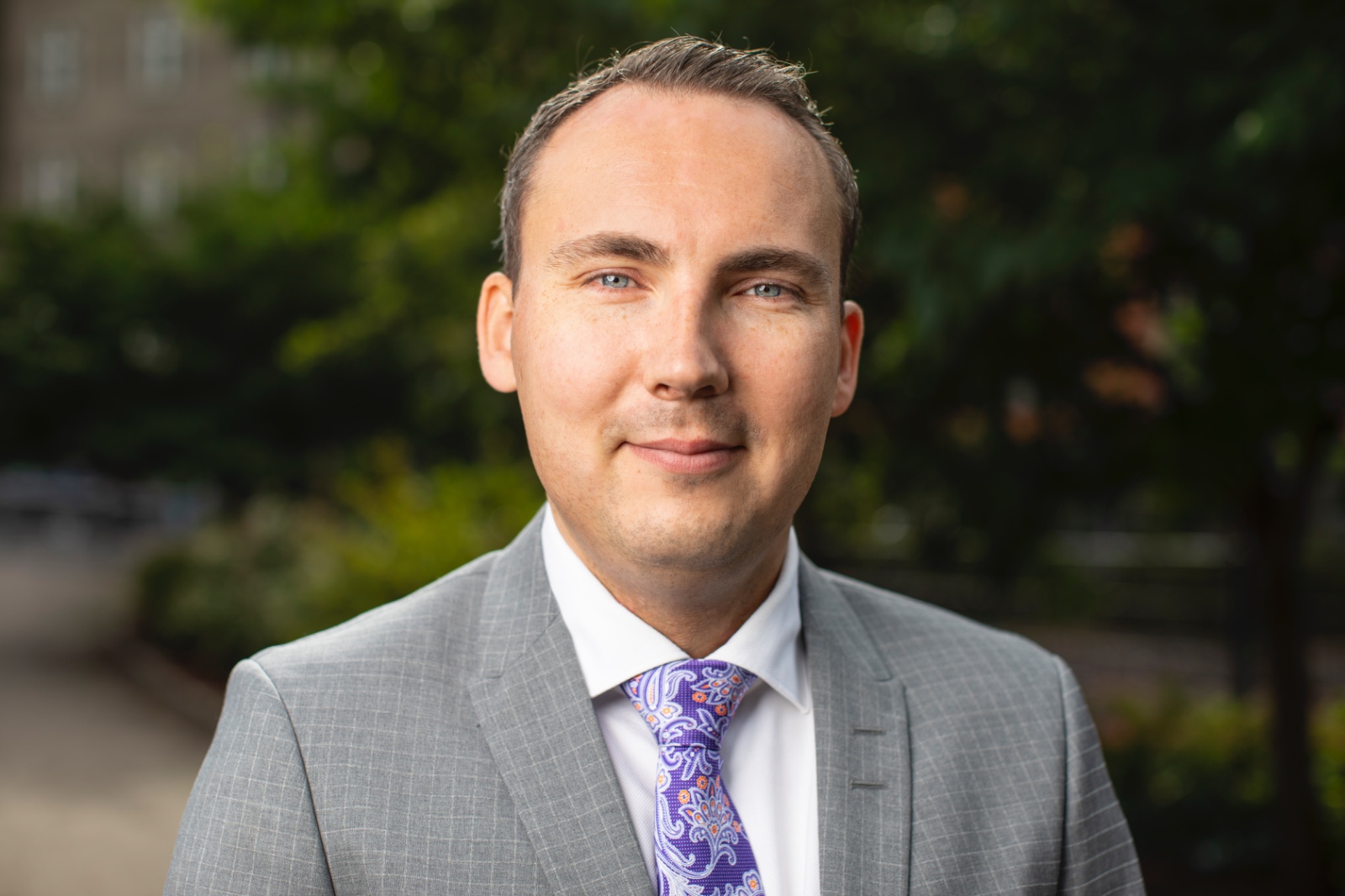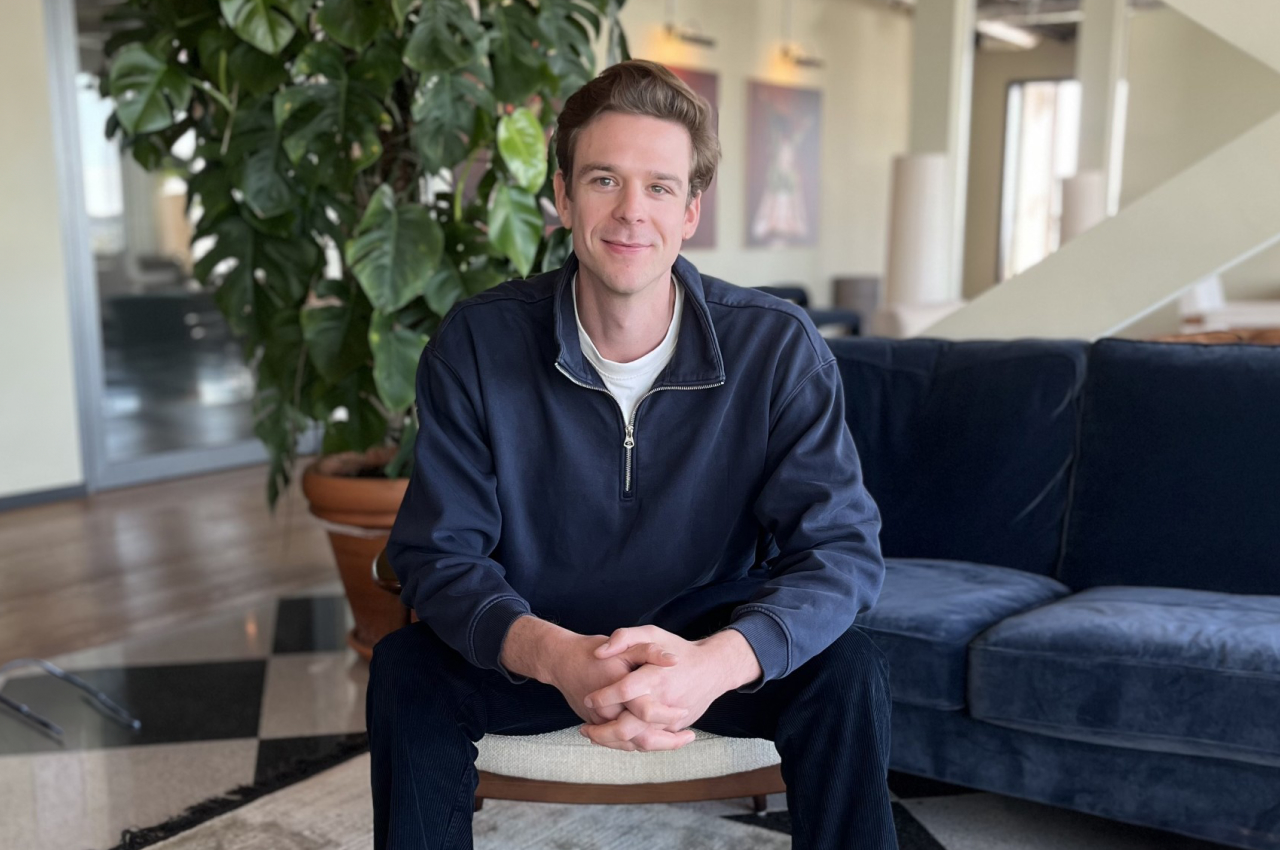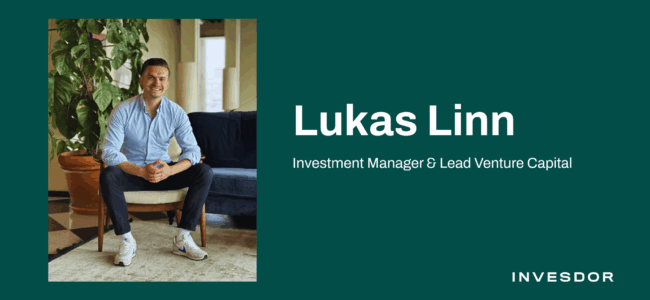
Do you want to make a positive impact on the world? Then responsible and sustainable investing could be just the thing for you. To ensure that this succeeds and that you can invest safely, credit specialists analyze potential investment opportunities in advance: In our interview, we talk to Christian Becker, Senior Investment Analyst at Invesdor, about precisely these methods of credit analysis, which are designed to ensure that new crowdfunding campaigns from the platform are reliable and profitable for you.
May we introduce? This is Christian Becker.
Christian Becker joined Invesdor (former Kapilendo) after 30 years in the classic banking business. He worked at various Berlin banks as an account manager, credit analyst and restructuring specialist. Today, he takes a close look at every company that applies to Invesdor.
Christian, you have more than 30 years of banking experience. After so long, you must have developed your own work routines. What do you do first thing when you come to your desk in the morning?
Christian Becker (laughing): Presuming my desk is empty for once, I first check to see if Sales has sent me any new cases. Then it starts: I flip through the balance sheets, look at the figures during the year, check financial plans, check formalities. Then I delve deeper into the analysis.
…Wait a minute, that was a lot of banking jargon, you’ll have to explain that to me in more detail, please!
To sum up: My job is to ensure as far as possible that investors get back the money they invest at the end – ideally plus a bonus or exit participation. To do this, I check whether a company’s business model is coherent at the level of the figures – i.e. income and expenses as well as planned investments. If something seems conspicuous to me, we talk to the company about it or, in the case of very obvious inconsistencies, we take it out directly.
For example?
For example, a company has an outstanding receivable that accounts for a large portion of its reported sales. This may be fine if a large order has been accepted by the contractor, the invoice is not yet due, e.g. due to a payment period granted, and the creditworthiness of the contractor is good. If, on the other hand, the receivable has not been paid for a long time despite being due and there is no information or even negative information about the creditworthiness of the contractor, we will not support the case.
Your platform is also known for its innovative projects. The companies probably can’t be evaluated in the same way as in a traditional bank, can they?
The review process at Invesdor is similar to that of a bank. But crowdfunding involves some special features. For example, unlike banks, we do not usually take collateral and financing is often subordinated, i.e. if the worst comes to the worst, the investors can only expect repayment after all other creditors. Therefore, in case of doubt, we prefer to look twice. In addition, we charge higher interest rates than banks, which in turn benefits our investors and reflects the risk.
New ideas in particular need investors, which at first glance seems riskier than, for example, the second-generation family business – is that really the case?
We don’t get into companies at the very beginning of an idea, because developing a product can take years. Even if the idea is top-notch, we cannot predict whether a competing company will launch something similar shortly before the product launch – that would indeed be too risky in the interest of our investors. Therefore, our principle is: the product must already be there. And: the company must have proven that the product is already selling on the market.
You were born in Berlin and also live in today’s startup and founder metropolis. Although the startup scene didn’t really shift to the capital until the 2000s, as a banker you certainly experienced the beginnings?
From the banks’ point of view, many of these companies were and are not financeable. Many founders have very technology-driven and grand visions. The risk of default is too high for classic start-up financing, because the products have not yet been (fully) developed and/or there are no comparable business models yet. I worked for years in the restructuring department of a bank and had to experience how many ideas and plans did not work out due to various reasons – and start-ups in today’s sense were not even among them.
…nevertheless you left the classic banking business. At Invesdor, your focus is not on founders, but in many cases on younger companies. What is the attraction?
Banks are mainly open to classic corporate business, i.e.: someone takes over their father’s bakery and to set up the business anew, they need a loan. Or an old-established company needs financing for new machinery. As a crowdfunding platform, we have a slightly different focus. We are also interested in whether the company has an exciting story to tell. This can be traditional companies, such as the Berlin schnapps distillery Mampe, but also completely new products – increasingly in the area of sustainability.
You hear it all the time in the media how Berlin is changing: where there used to be businesses, apartments are now being built, rents are rising, and traditional production is moving to other cities. As an original Berliner, you must have experienced the changes in the city intensively?
Well, that doesn’t affect me so much in my private life. I’m already over 50 and my Sturm und Drang days are long gone. Sure, after all this time, whole districts are no longer recognizable, but whether that happened in the 1990s or in the 2010s, I often no longer know. But Berlin has so many beautiful corners and much of it will hopefully be preserved.
If you were to have visitors from out of town, which of these beautiful corners would you definitely show?
Christian Becker: I hardly have any acquaintances outside of Berlin, my circle of friends is here, so I never wanted to leave. But there is one thing I would show anyone: The Beelitz sanatoriums in Brandenburg are a former lung sanatorium from the beginning of the 20th century. The buildings fell into disrepair during the GDR and sometimes serve as a backdrop for movies – I think the old grounds are worth seeing.
And when you don’t have visitors, what are you looking forward to after work?
To my family, my dog, and in the summer, my allotment garden.
To come back to the time before closing time: What do you think will be the most worthwhile companies to invest in going forward?
These will mainly be projects that focus on sustainability. Already, many companies on our platform are more sustainable – especially from the food and packaging sectors. For us, crowdfunding means bringing companies onto our platform that don’t just need money, but have a story to tell, and bringing these companies together directly with private investors. It is this service that creates added value for both sides and I hope that this business model will continue to spread in the future – with Invesdor as a pioneer.
This is why credit analysis is also valuable for your sustainable investment
As more investors turn to sustainable investing and crowdfunding, credit analysis is playing an increasingly important role in assessing the financial health of companies and investments. Companies that commit to responsible practices are likely to be better managed and have better long-term prospects than those that lack clear direction or a responsible approach. But what does credit analysis for sustainable investments actually entail?
What’s behind the credit analysis
Credit analysis for sustainable finance is a comprehensive process that goes beyond traditional metrics such as interest rates, leverage ratios, and probability of default. Rather than taking a one-dimensional view of a company’s financial condition, credit analysts use multiple indices and metrics to assess the impact of environmental, social and governance (ESG) factors on financial performance and future sustainability.
The credit specialist:s also examine qualitative criteria such as corporate governance practices, board composition, management quality and strategic vision. They also examine how well a company manages its employees, how it treats its suppliers and customers, and how it complies with ethical standards. How credit specialists at Invesdor check the potential of your crowdinvestment Unlike banks, crowdfunding does not usually require collateral in the event of default. Due to this additional risk factor, the credit specialists at Invesdor check the creditworthiness of the creditors particularly carefully before they are allowed to start crowdfunding. For example, higher interest rates are calculated than with traditional banking institutions, which benefits both the creditors and the investors. However, if something seems suspicious when analyzing the business models of the respective companies, the specialists take appropriate measures or, in extreme cases, even exclude the companies from crowdfunding altogether.
How credit analysis helps you make your investment decision
The ultimate goal of credit analysis for sustainable investments is not only to provide investors with an accurate assessment of financial risk, but also to help them identify companies that are making positive progress toward becoming more environmentally and socially responsible organizations. By analyzing both quantitative and qualitative indicators, credit analysts can reassure investors that their investments will pay off over time, not only financially but also ethically.








